Choosing the best water filter is crucial, whether your site uses tap water, operates boilers, or mixes products. You want clean, high-quality water that meets industry standards and protects equipment. You want water that delivers no taste or odor issues.
This guide walks you through each step and explains key options for the filtration system. It covers reverse osmosis, sediment filters, and maintenance needs, including filter replacements.
Industrial water filtration systems are advanced treatment solutions designed to remove impurities, contaminants, and particles from water used in industrial processes. These systems help ensure water quality for various applications, including cooling, heating, manufacturing, and product rinsing.
By utilizing methods such as sediment filtration, carbon absorption, reverse osmosis, or UV sterilization, they safeguard equipment, enhance process efficiency, and ensure regulatory compliance. Industrial filtration is crucial for power generation, pharmaceuticals, and chemical manufacturing. Water purity has a direct impact on performance and product quality.
Industrial filtration systems pass water through one or more stages of filtration. These stages remove suspended solids, contaminants, and microorganisms. The process typically begins with pre-filtration, using mesh or media filters to capture large particles.
Next, fine filtration methods, such as activated carbon, sand beds, or cartridge filters, remove smaller impurities, chemicals, and odors. Some systems also include UV sterilization or chemical dosing to disinfect water. The result is clean, processed water optimized for industrial use.
You select the most suitable filter for your industrial application. You consider factors such as the type of contaminants. You check the flow rate requirements and operating conditions. You confirm compatibility with system materials. Evaluate filtration efficiency, maintenance needs, and cost-effectiveness to ensure optimal performance and long-term reliability.
Calculate your required flow rate. Flow rate tells you the volume of treated water per minute or hour. If your industrial process needs 200 gallons per minute, your system must handle that without pressure drop or delays.
Match the filtration system capacity to daily usage, peak demand, future expansion, and downtime tolerances. Select media filters or reverse osmosis units sized to reliably support your chosen flow rate.
Different filtration technologies serve different roles. You may need multiple stages in a water filtration system to handle a range of specific contaminants.
Use sediment filters as the first line of defense. They remove dirt, rust, sand, and large particulates. Choose micron ratings between 5 μm and 50 μm, depending on the coarseness of your water. Sediment filters protect downstream components and improve flow rate by preventing clogs.
Carbon-based filters remove chlorine, VOCs, taste, and odor. A certified carbon block filter removes chlorine and improves the taste of tap water. NSF/ANSI 42 certification ensures that the system effectively removes taste and odor.
NSF/ANSI 53 certification verifies that the system removes health-related contaminants. Carbon filters help purify water and enhance its taste.
Reverse osmosis filters provide high-quality water by pushing tap water through a semipermeable membrane. RO removes dissolved solids, heavy metals, fluoride, nitrates, and many chemicals. NSF/ANSI Standard 58 applies to RO systems and ensures they reduce specific contaminants.
Many industrial and commercial water filtration systems pair carbon pre-filters. They also pair sediment filters. They pair RO membranes to deliver near-pure water.
Ultrafiltration removes bacteria and fine particles via membrane filtration at sub-micron levels. UV sterilization inactivates microbes. UF and UV work well in food production or pharma environments that require microbial control under industry standards.
For high suspended solids, a multi-layer media filter (comprising sand, anthracite, and gravel) effectively removes turbidity. KDF (copper-zinc alloy) filter media also removes chlorine and certain heavy metals. KDF-85 and KDF-55 media often carry NSF certifications for chlorine removal and reduction of heavy metals.
Look for certifications from trusted bodies, such as NSF/ANSI, WQA Gold Seal, or IAPMO R&T. These organizations verify that a system performs as claimed and meets the required safety standards.
Only certified systems ensure actual performance. Read product data sheets to confirm exactly which contaminants the filter removes. Some manufacturers claim compliance, but certification gives assurance.
Combine technologies for maximum performance and cost efficiency:
This layered approach extends filter life, maintains flow rate, and ensures clean water. Micron staging prevents premature fouling of delicate RO membranes.
Check the recommended schedule for replacing filters and membranes. Sediment and carbon filters typically require replacement every 6 to 12 months. RO membranes last 3–5 years, depending on water quality. Automated filters with backwash or self-cleaning features reduce downtime and manual labor.
Develop a maintenance plan that tracks pressure increases or decreases in flow rate. Install inline sensors, turbidity monitors, or pressure gauges that trigger filter changes. Suppliers with end-to-end service deliver spare parts, audits, and support for long-term performance.
Select robust filters crafted from industrial-grade materials, such as stainless steel or engineered polymers. These systems handle harsh conditions and minimize repair costs.
Consider energy usage:
Automated systems that are self-cleaning minimize labor costs and improve flow rate.
Many industries now require both clean water and sustainable operations. Commercial water filter systems help you achieve ESG targets, including water conservation, reduced chemical contamination, and minimizing waste.
Certified systems offer documentation that supports audits or regulatory reviews. This helps your facility meet water quality standards. It reduces environmental impact and secures a safe, high-quality water supply. This supply protects human health.
Select a supplier with industry expertise. They should offer on-site water analysis, system customization, installation support, and ongoing monitoring. Suppliers who handle commercial water filtration provide customized solutions. They tailor solutions to specific flow rates.
They also tailor solutions to contaminant mixes and water pressure. They further tailor solutions to space constraints. Whether treating municipal water or hot water lines, expert vendors ensure reliable water flows across different applications.
Calculate long-term costs: initial investment plus ongoing replacement of filters, maintenance, and energy consumption. Implementing a multi-stage system reduces membrane fouling and the overall total cost of ownership. Automated systems cut filter wear and downtime.
Prioritize systems to improve the taste of water and remove chlorine. They must lower calcium and magnesium buildup while minimizing waste. Use a wide range of filtration processes, from sediment removal to carbon absorption. These processes ensure your water passes through certified systems that are effective and safe.
No single filter fits every situation. The best water filter always matches the unique water source, flow rate, and contaminant profile. It adapts to the operational demands of your site. A smart combination of sediment filters and activated carbon delivers clean water. Reverse osmosis combines with optional ultrafiltration or UV sterilization. It extends the equipment's lifespan. It maintains water filter systems at peak efficiency.
It ensures regulatory compliance in the process. Don’t compromise on quality. Choose certified to remove contaminants, improve system performance, replace filters as needed, and partner with informed suppliers. That strategy ensures you deliver high-quality water, reduce downtime, and support sustainable & cost-effective operations.
At eINDUSTRIFY, we help businesses source certified, commercial-grade filtration systems tailored to industry needs. We focus on filtration systems that remove specific contaminants, improve the taste of tap water, and maintain industry standards. Customers benefit from a reliable flow rate, clean water output, and proven performance.
Our platform offers a comprehensive range of sediment filters, reverse osmosis systems, and carbon block units. It also offers comprehensive home water filter systems. It provides large-scale water filter systems.
These systems are suitable for heavy-duty and industrial applications. They include treatment plants. Please email us at info@eindustrify.com or call us at +1 (888) 774 7632. Register for access to a premium global marketplace.
For reliable commercial water filtration systems, trust certified performance. Get support tailored to your industrial needs. Visit eINDUSTRIFY and find the best water filter solution today.
Tags: Best Water Filter Replacing Filters Sediment Filters Filtration System Home Water Filters Water Filtration System Commercial Water Filtration
RECENT POSTS:
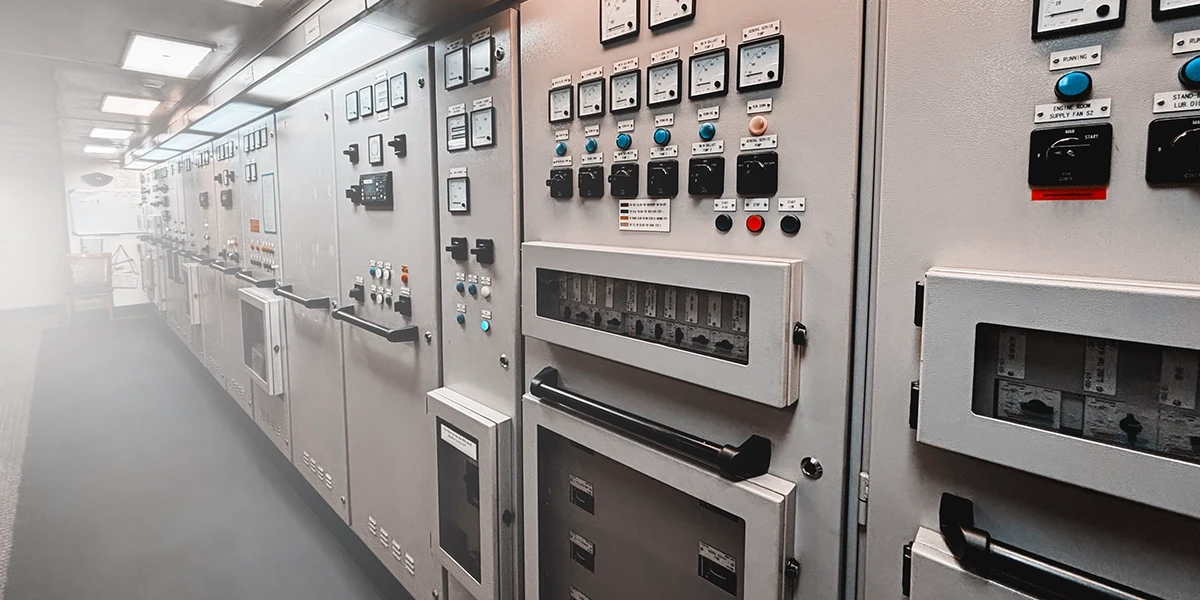
Essential Power Distribution Panels for Optimizing Your Industrial Setup
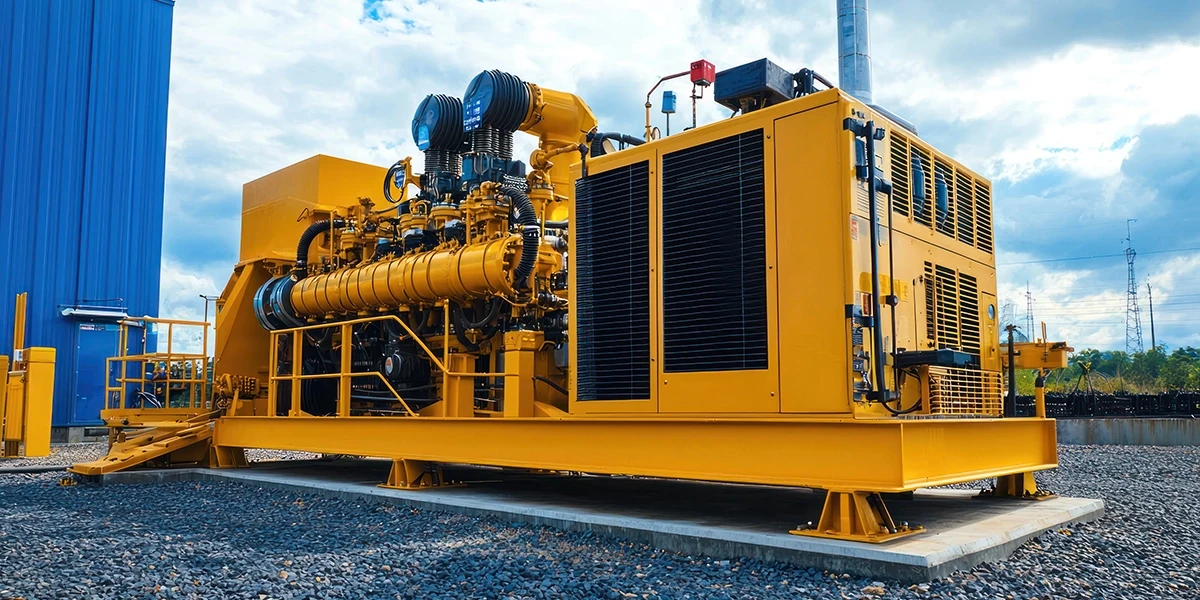
Top 5 Generator Protection Devices for Reliable Power Generation
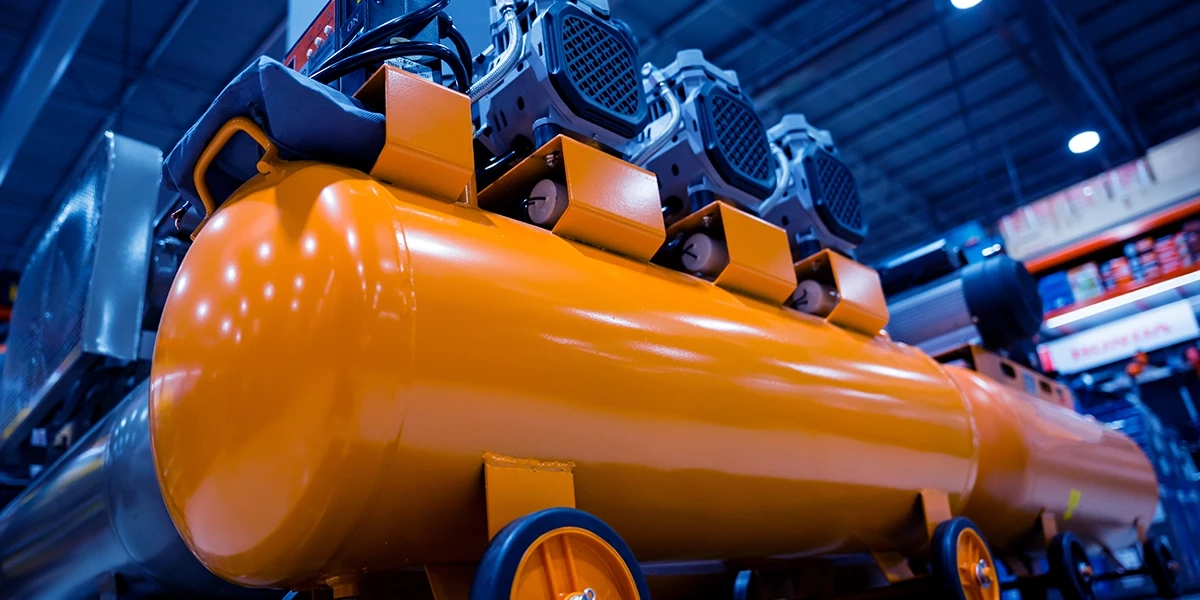
How to Choose the Right Industrial Air Compressor for Your Facility
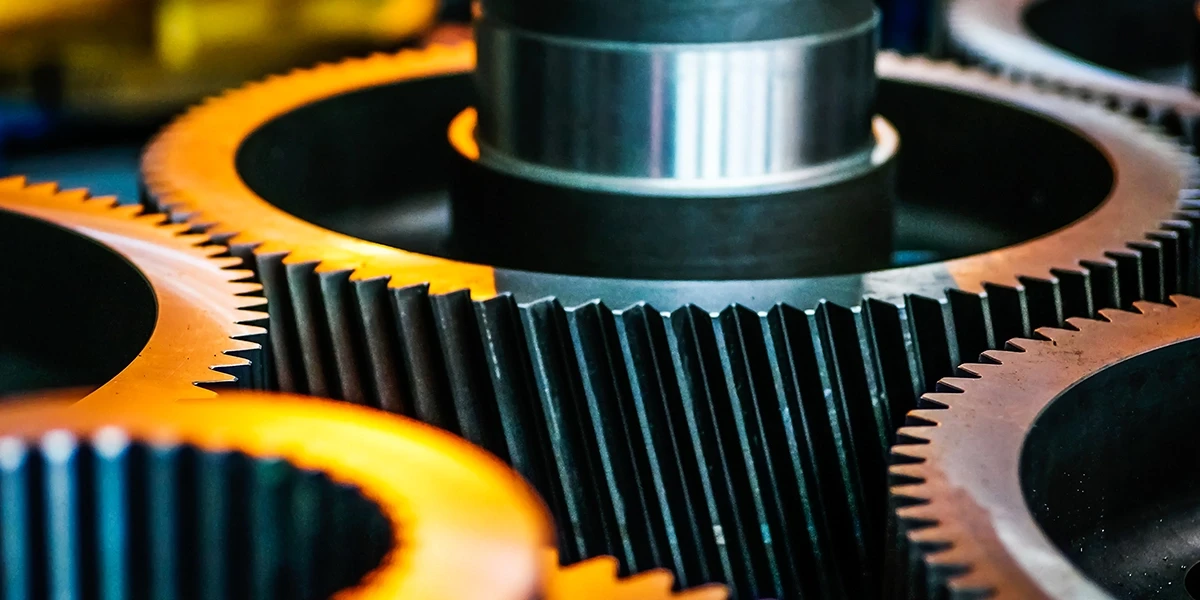
Choosing the Right Global Power Transmission Equipment
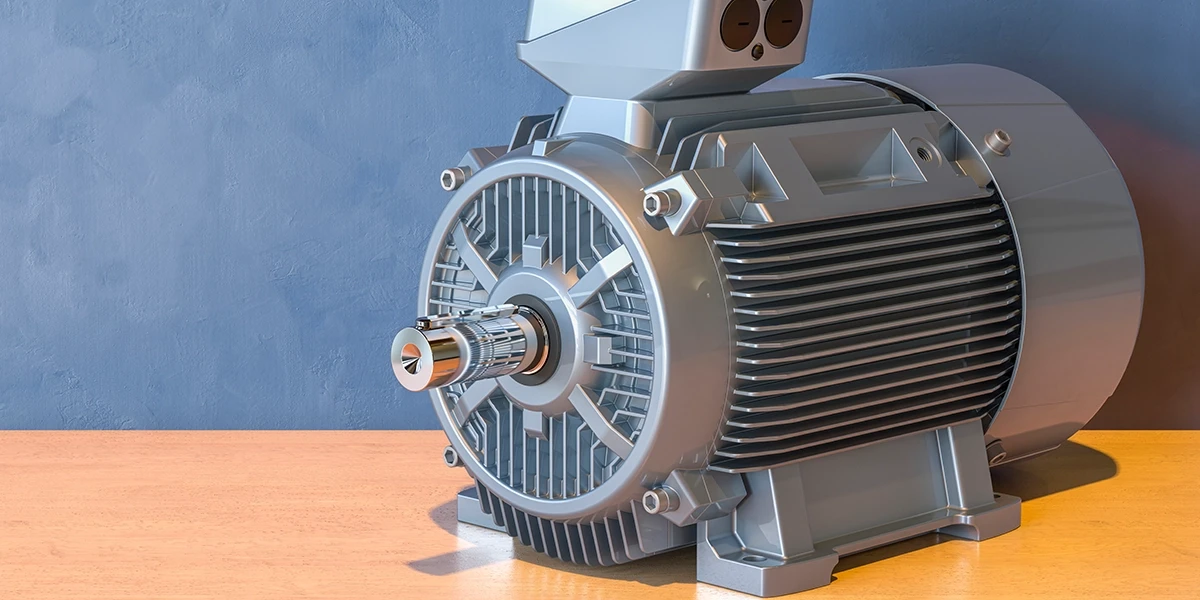
Top DC Motors for Industrial Automation
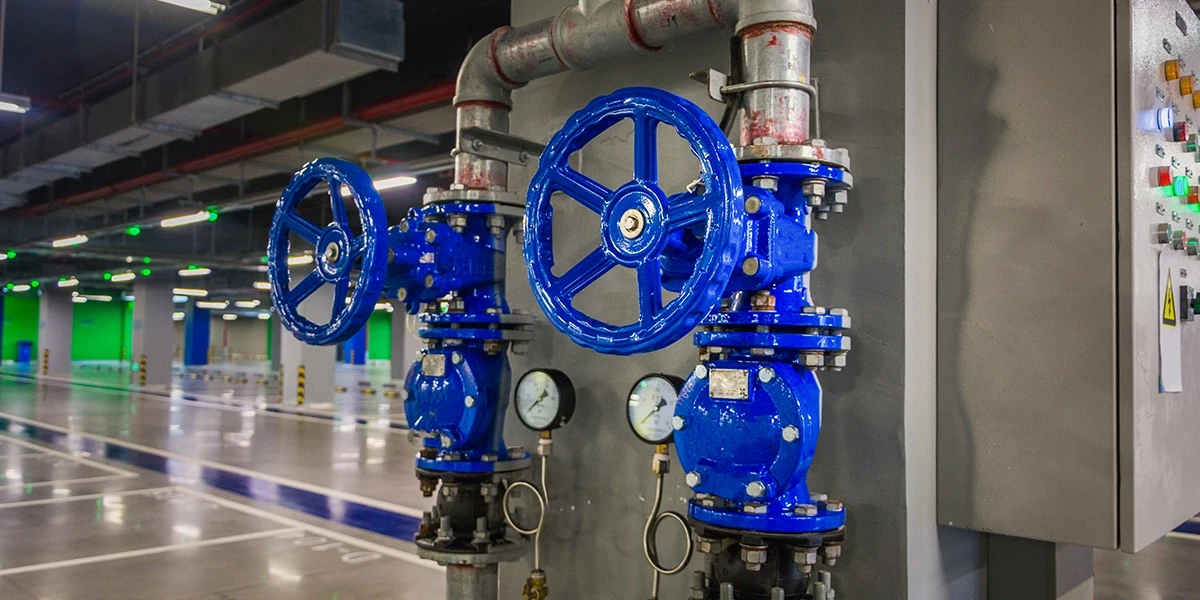
How to Select the Right Control Valves for Your System
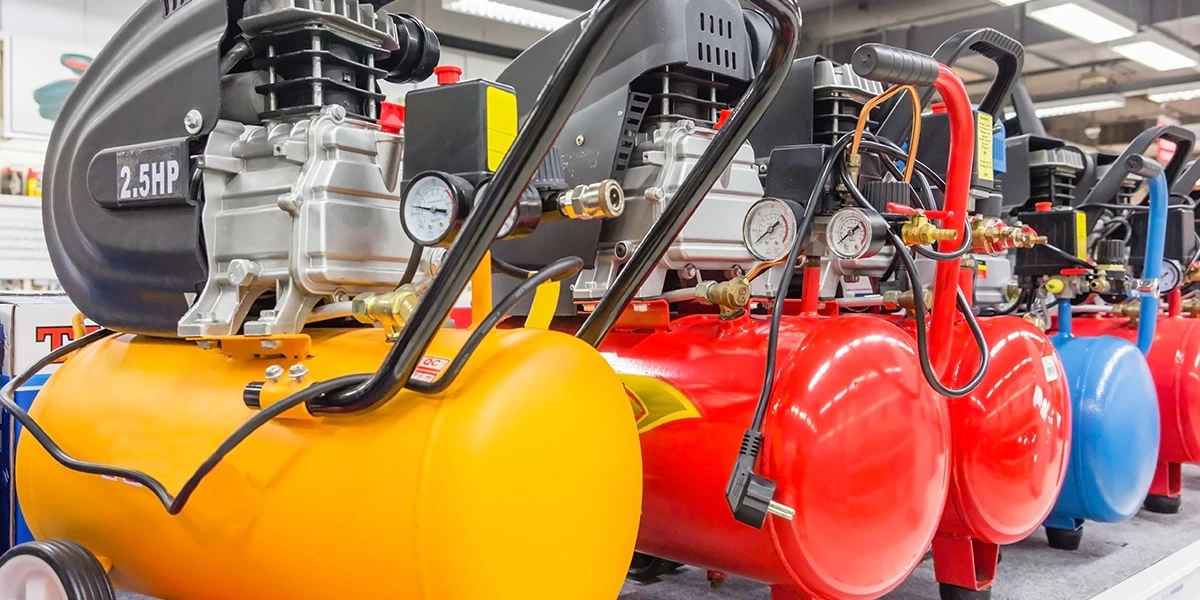
Air Compressors for Sale: Compare Models, Brands, Features
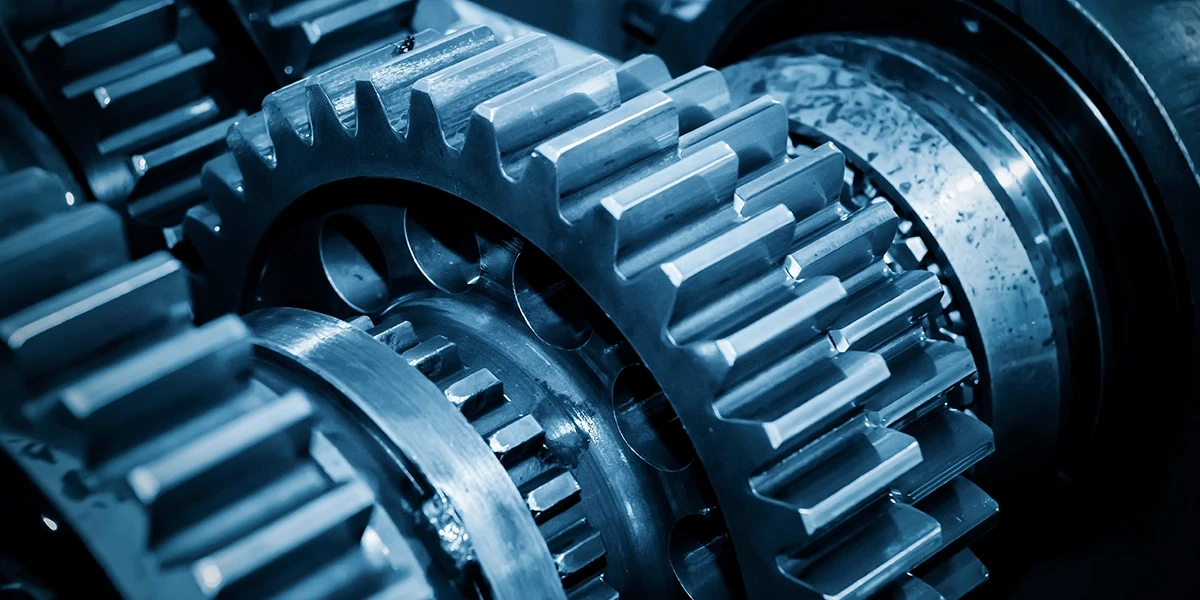
Essential Power Transmission Accessories for Industries